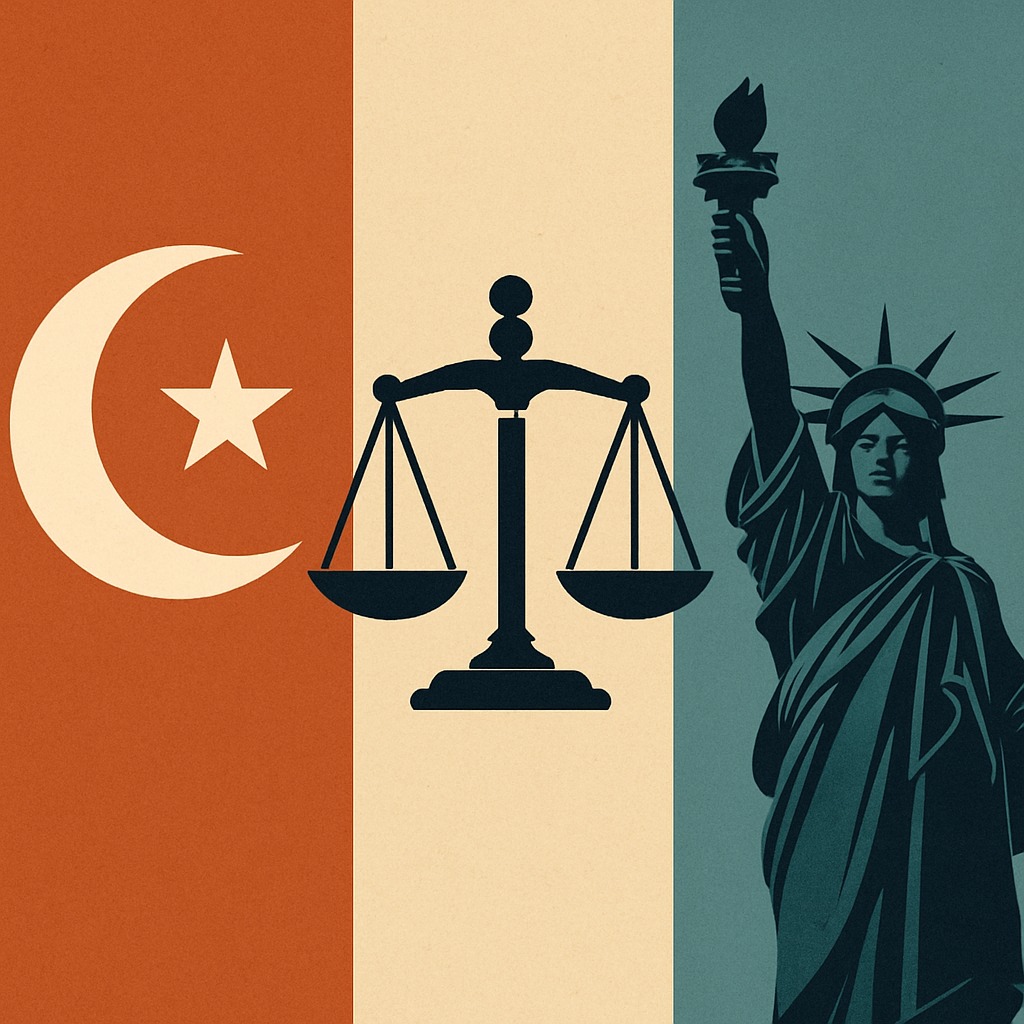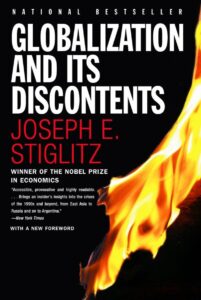Reconciliation: Islam, Democracy, and the West By Benazir Bhutto

Reconciliation: Islam, Democracy, and the West, Benazir Bhutto
The world’s first woman prime minister of a Muslim state, Benazir Bhutto (1953-2007), was a courageous and committed democratic leader in the complex politics of Pakistan. An Oxford graduate and daughter of the former deposed and executed Prime Minister Zulfikar Ali Bhutto, who ruled post-1971 Pakistan until 1977, Benazir stood against and fought the authoritarian regime of Zia ul Haq in the 1980s. Later, she also voiced her opposition to Musharraf’s dictatorship in the 2000s. Twice a Prime Minister in the latter part of the twentieth century and twice deposed, she cherished – and practised to a certain degree – the very principles of diversity, respecting human rights, practising tolerance, and admiring liberty and a free press, which are the prerequisites of a viable democracy.
For that reason, given her experience of both the East and the West and as a Prime Minister of the Islamic Republic of Pakistan (1988-90 and 1993-1996) and Chairperson of her own Pakistan People’s Party (PPP), her book Reconciliation: Islam, Democracy and the West is a significant contribution that outlines her dynamic political model underpinned by democracy for the Islamic states vis-à-vis the West. It provides a profound understanding of the coexistence and reconciliation between Islam and the West, as well as among Muslims. It was published days after her martyrdom in a terrorist attack in Rawalpindi on 27 December 2007. Her book is divided into six chapters, and her bereaved family has written a brief afterword.
The book explores Benazir’s return to Pakistan in October 2007, after an eight-year exile, to lead her party’s campaign for the upcoming elections. She comprehensively and proudly elaborates on the people-centred policies and politics of her two governments, which shows her strong commitment to social progress and economic development. However, her book is intentionally silent on the reconciliation she pursued with the then-dictator, General Pervez Musharraf, through the National Reconciliation Ordinance (NRO) of 2007, in which various cases against her and her party’s leaders got lifted. In the same NRO, the other significant national political actor, and former Prime Minister, like Benazir, Muhammad Nawaz Sharif, was kept at bay.

Nonetheless, she persuasively articulates her case for democracy, liberty, and pluralism in Pakistan and the broader Muslim World. She correspondingly condemns the dictatorship prevailing in the entire Muslim World, with tacit support provided by the West and particularly the United States, for breeding extremism and weakening their states’ democratic foundations. Similarly, she describes the internal differences among Muslims, which often result in sectarian and political conflicts. She substantially defends the values of Islam, hoping to clear the misconceptions of the West regarding Islam. However, her arguments regarding Islam, especially Jihad, Quranic exegesis, women’s rights, and the veil, fall short of erudition, showing a lack of a better understanding of Islam in a true sense and its entirety. She has adopted a cautious approach in these matters, mindful of the Western audience.
In the same way, she projects specific means for defeating extremism and intellectual regression in the Muslim World. Equally convincing, Bhutto outlines guidelines for a peaceful and diverse world community through the globalisation of democratic values and increased cooperation among democratic nations, as well as between Muslim countries and the West, underpinned by reconciliation.
Similarly, she explores why the Muslim world is currently at a crossroads where extremism and traditionalism often override diversity and modernity. She aptly criticises the West for its detrimental role in destabilising democratic forces primarily in the Muslim World, including Pakistan, for its geostrategic interests. Reaching a democratic dispensation is the only viable solution for the issues confronted by the Muslims, according to her thesis. Her message is particularly urgent in the current global context. She denounces the belief held by the Muslims, considering modernisation and democracy as exclusively Western products. In the same tone, she refutes the Western notion that democracy and modernity are incompatible with Islam.
Afterwards, she skilfully discusses the mutual differences and fratricidal conflicts among the Muslims and between the West and the Islamic world. She examines the self-fulfilling theory of the clash of civilisations, which fosters mistrust between Islam and the West. She exquisitely does away with it, favouring a reconciliation-based approach towards shared and peaceful living. This reconciliation-based approach, as proposed by Benazir, involves acknowledging and respecting the differences between cultures and religions and working towards a common understanding and peaceful coexistence. She has divided the academics and world leadership into clashers who believe in Huntington’s thesis, considering democracy dangerous for Muslims, and reconciliationists, like her, who believe in and strive for dialogue, cooperation, and peaceful coexistence among diverse world communities.
Her reconciliation model is worth preaching and practising to achieve a stable and democratic political order in Islamic nations and to foster coexistence with the West. According to her, peace is achievable through open interactions among not just different governments, but also among citizens and civil societies that share a commitment to creating a peaceful world safe from intercultural conflicts and religious extremism. She firmly believes in a world where democracy is neither exclusive to Western nations nor are Muslims in perpetual conflict with the West.
Although self-serving, like most autobiographies, Benazir’s thesis is well-crafted regarding Pakistan’s democratic predicament, foreign policy, and extremism. However, she intentionally ignores and conceals the contributions of competitive political actors, avoids acknowledging particular facts, and exaggerates her actions. Eulogising the autocratic political career of her father and overlooking his and her political rivals and their contributions, like Abdul Wali Khan and Muhammad Nawaz Sharif, respectively, speaks little of a temperate leader. Nevertheless, her book comprehensively advocates for a democratic Muslim World, generally, and Pakistan in particular.
Thus, democratic revival, according to the author, could be achieved through critical self-reappraisal and Ijtihad, an exertion of effort in Islamic law, whereby experts in the religious sciences explore and define the parameters of Islam regarding a specific legal matter not explicitly mentioned in the Quran and Sunnah (Prophetic Traditions). However, she is silent on the qualification of those who are supposed to exercise Ijtihad in the complex, diverse setup of Islamic societies.
Arguably, to wrap it up, Reconciliation is a significant effort by Benazir Bhutto, a female trailblazer in the underdeveloped Muslim world, to revive democracy and development through social modernization and peaceful coexistence within and outside her country, respectively. More than a political memoir, it is a call for reconciliation between Islam and the West, grounded in democratic ideals



